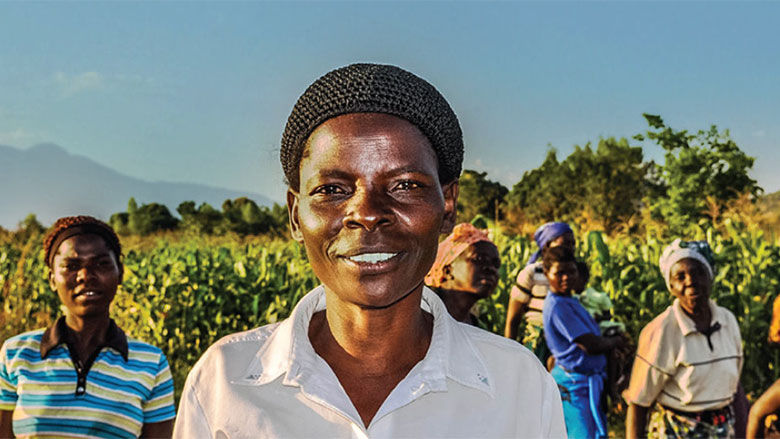Located within the Development Economics Vice Presidency, the Development Research Group is the World Bank's principal research department. With its cross-cutting expertise on a broad range of topics and countries, the department is one of the most influential centers of development research in the world.
The Development Research Group at a Glance
What's New

In light of the International Day of Education, this edition of Research Insights highlights how expanding schooling has helped drive down global extreme poverty and what it will take to sustain these gains in the future.
It also features country evidence from Ukraine and Jordan showing how well‑designed programs can support students at scale, even in fragile settings.
To dive deeper into ongoing work in this area, explore the updated Education Research Roundup, a curated compilation of recent studies on education systems, learning, and human capital.

The 10th Urbanization and Development Conference will bring together academics and development practitioners to present and discuss questions relating to jobs, firms, and growth in cities.
The two-day event will take place in Washington, DC. Day 1 (March 30) will take place in the World Bank MC Building and Day 2 (March 31) at the Johns Hopkins Bloomberg Center.
Preregistration is for general attendees (non-speakers) who would like to participate in the conference (online or in-person), and attendance is not confirmed until you receive an email from the Conference Organizing Committee.

Standards are the hidden infrastructure of modern economies—and they have never been more important. Developing countries today must contend with a thicket of increasingly stringent international standards, a product of globalization and rapid technological change. Using standards—and shaping them—is now a prerequisite for export growth, technology diffusion, and the efficient delivery of public services.
In this Policy Research Talk, World Development Report Director Xavier Giné will provide a deep dive into the World Development Report 2025: Standards for Development, which provides the most comprehensive assessment of the global landscape of standards today and how they can be used to accelerate economic development.

As climate shocks intensify, how can people, firms, and governments move beyond coping with disasters to anticipate, prepare for, and reduce the severity of shocks before they occur?
On December 2, World Bank Senior Economist Forhad Shilpi shared insights from the report Rethinking Resilience: Adapting to a Changing Climate, during the last Policy Research Talk of the year.
She presented the report's Five I’s strategy—income, information, insurance, infrastructure, and interventions—which can help countries shift from reactive relief to proactive adaptation, laying the foundation for inclusive growth and long-term prosperity.








